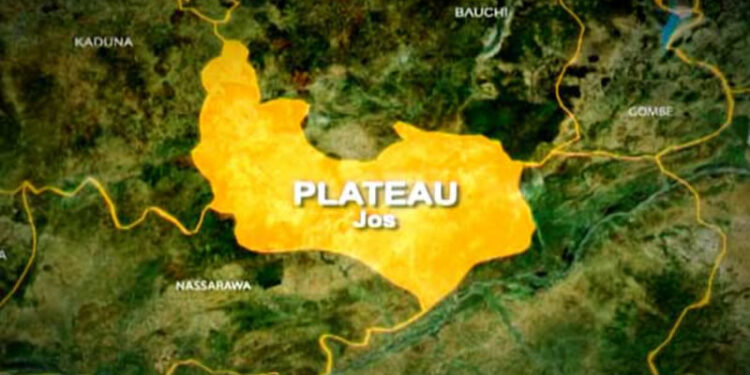Today, we focus on Plateau State, examining its untapped economic potential and envisioning a brighter future.
1. Colonial Era Aspirations: During the colonial period, the British considered establishing a European settler colony in Jos, the capital of Plateau State, due to its favorable climate. This plan, if realized, could have transformed Plateau State into an economic hub similar to Zimbabwe, Kenya, or South Africa, with a self-reliant economy generating its own investment capital and offering a European-standard living.
2. Current Reality: Sadly, Plateau State today ranks 22nd on Nigeria’s Human Development Index. Despite its motto as the Land of Peace and Tourism, it is neither peaceful nor a tourist hotspot. The state needs a strategic overhaul to realize its potential.
3. Mining Potential: Plateau State is historically known for its tin mining. Expanding this to include aluminum and steel production could position Jos as a major industrial city, producing finished goods and supporting heavy industries like automobile manufacturing.
4. Agriculture: Agriculture remains a primary occupation. The state grows acha (hungry rice) and millet as chief cash crops. Urban centers like Jos, Wase, and Langtang should host grain mills, bakeries, food processing plants, and animal feed compounders to boost the economy. Crops like yams, sorghum, corn, potatoes, cowpeas, rice, fruits, and vegetables are widely grown. Establishing food processing plants can convert these into exportable products.
5. Tourism: Plateau’s tourist attractions are underdeveloped. Sites like the Jos Wildlife Safari Park, the National Museum in Jos, and Wase Rock should be thriving tourist destinations. Wase Rock, one of five breeding sites for the white pelican in Africa, deserves UNESCO heritage status and should attract millions of tourists annually.
6. Manufacturing: The Kerang Highlands Spring Water Factory, located 88 km from Jos, utilizes natural mountain springs for bottled water production. Expanding this factory could make it one of the world’s largest, targeting export markets.
7. Wildlife Conservation: The Pandam Game Reserve, a sanctuary with hippopotami, crocodiles, and several snake species, should be upgraded to match South Africa’s Kruger National Park’s standards, attracting global wildlife enthusiasts.
8. Natural Resources: Plateau State is rich in natural resources like barite, bauxite, bentonite, bismuth, cassiterite, clay, coal, emeralds, fluoride, granite, iron ore, kaolin, lead/zinc, marble, molybdenite, pyrochlore, salt, tantalite/columbite, and tin/wolfram. Establishing processing plants for these resources can drive economic growth by converting raw materials into finished goods.
By focusing on these areas, Plateau State can realize its economic potential and become a model of development in Nigeria.











